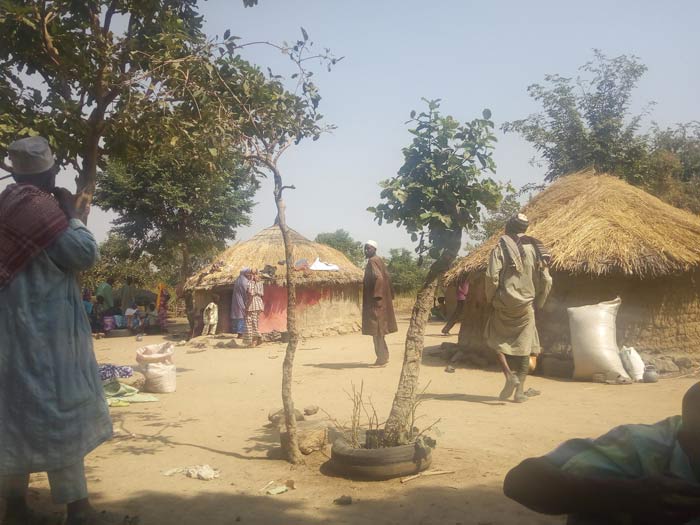Although the trees are very few and the ruga in the Aleita area of Abuja is no longer as isolated as it used to be, I woke to very fresh air as the crow of the cock woke me.
The Fulani, traditionally nomadic, often live in settlements called ruga where they construct semi-permanent buildings to stay in.
They are among the most misunderstood tribes and have faced a lot of stigmatisation as a result of the activities of some renegades among them.
But they also face challenges which are peculiar to them, as a result of the nature of their business.
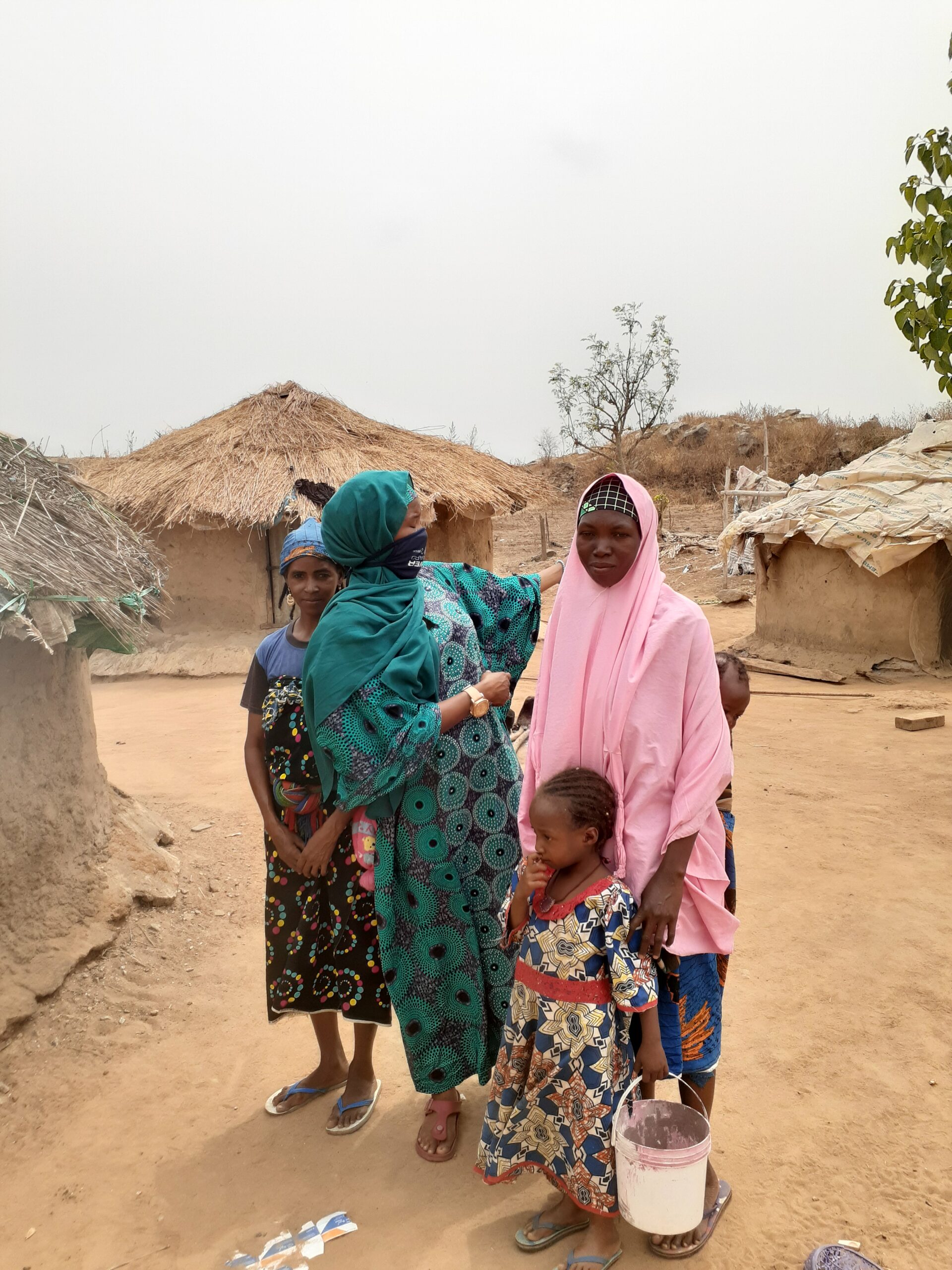
To better understand their plight, I recently spent a day with them.
As early as 5:30am, the compound was bustling with activities. Everyone, except the children, was getting ready for the morning prayer.
As the wife of Malam Shuaibu Jibril, my host, popularly called Maman Tagwaye, began to prepare for the day, she lamented the cow she had separated from its calf in the night to retain its milk, lactated little. She hissed and forlornly told me that they hardly get milk these days because the cows have little grass to graze on.
“We the Fulani women are uniquely affected in the sense that our traditional trade is selling cow milk and its by-products (clarified butter and local cheese). We now have to buy milk and resell because the cows cannot produce milk in commercial quantities due to insufficient grass for them to eat,” she lamented.
She said as a result of the dwindling fortunes in the milk business, they were now open to other businesses such as gardening.
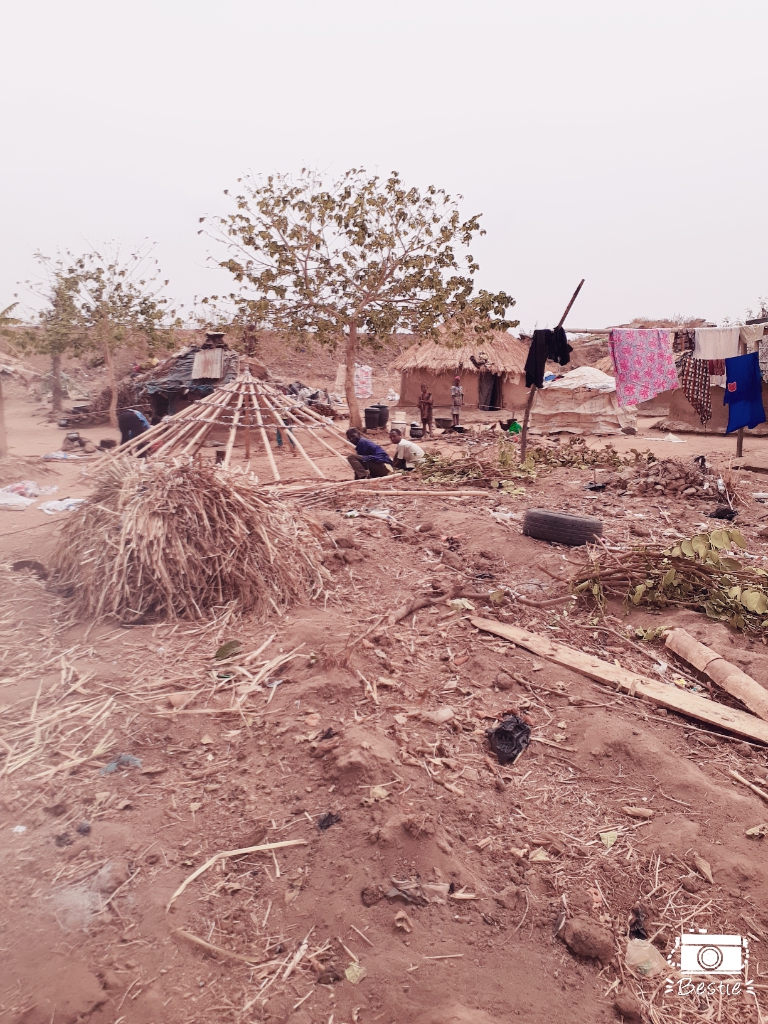
“We can then take our farm produce to the market and sell if the government will assist us with start-up capital. We can also learn skills like tailoring and soap making. There is a market among us for it and we can peddle these items in the market. We Fulani women are not laid back, we love to trade and we like providing support for our family,” Maman Tagwaye added.
Malam Shuaib Jibril, 60, told 21st CENTURY CHRONICLE that he is a native of Abuja, his father was born in Katampe, his mother is from Taraba and he was born in the area known today as Minister’s Hill and has lived all his life in Abuja.
“When I was about 30 years old, General Gado Nasko was the Minister of the FCT. The big areas of the FCT then were Area 1, Wuse, and Garki village. There was peace and security everywhere and the minister usually jogged past our ruga and he would stop by and take fresh milk and also take some home.
“The minister once told my father to buy land with N500 but my father said there was no need, that there will always be grass for his animals,” he said.
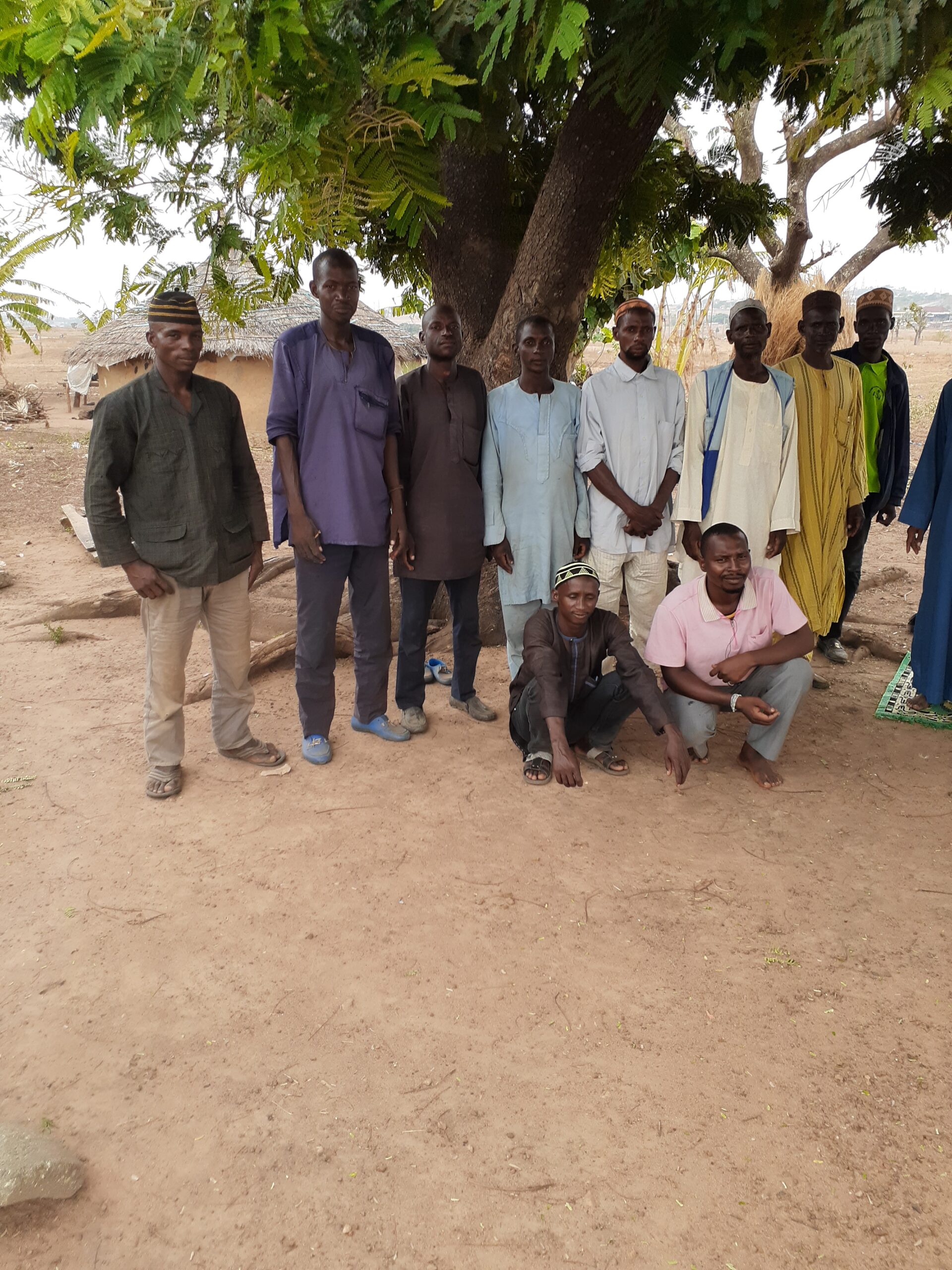
Continuing, Jibril said “From Minister’s Hill, we moved to OAU Quarters where Maitama Hospital is today. We were asked to move and we moved to Pyakasa Yama. When Gilmor Construction Company started working on a site where our ruga was then situated, we had to move again. We moved to Ketti and the Gbagyi people there raised objections so we had to move to Aleita 20 years ago where we are today. Since living here, we have enjoyed harmonious relations with the Gbagyi people and other tribes who now form the community of people living in Aleita right across the ruga.”
Another resident of the ruga, Alhaji Hassan Isa decried the changes the cattle rearing business has had to go through as a result of development.
Recalling how he has moved in the quest for pasture for his cattle, he said he is a native of Shendam in Plateau State but left and first settled in Lafia then Keffi, both in Nasarawa State before moving to Aleita 22 years ago to take advantage of the fertile land there.
“These days, we are stuck where we are. No one will allow us into their land to graze our animals because they are mostly farmlands now or utilised for other purposes which cannot allow grazing. Nomadic life is fast becoming a thing of the past,” Isa said.
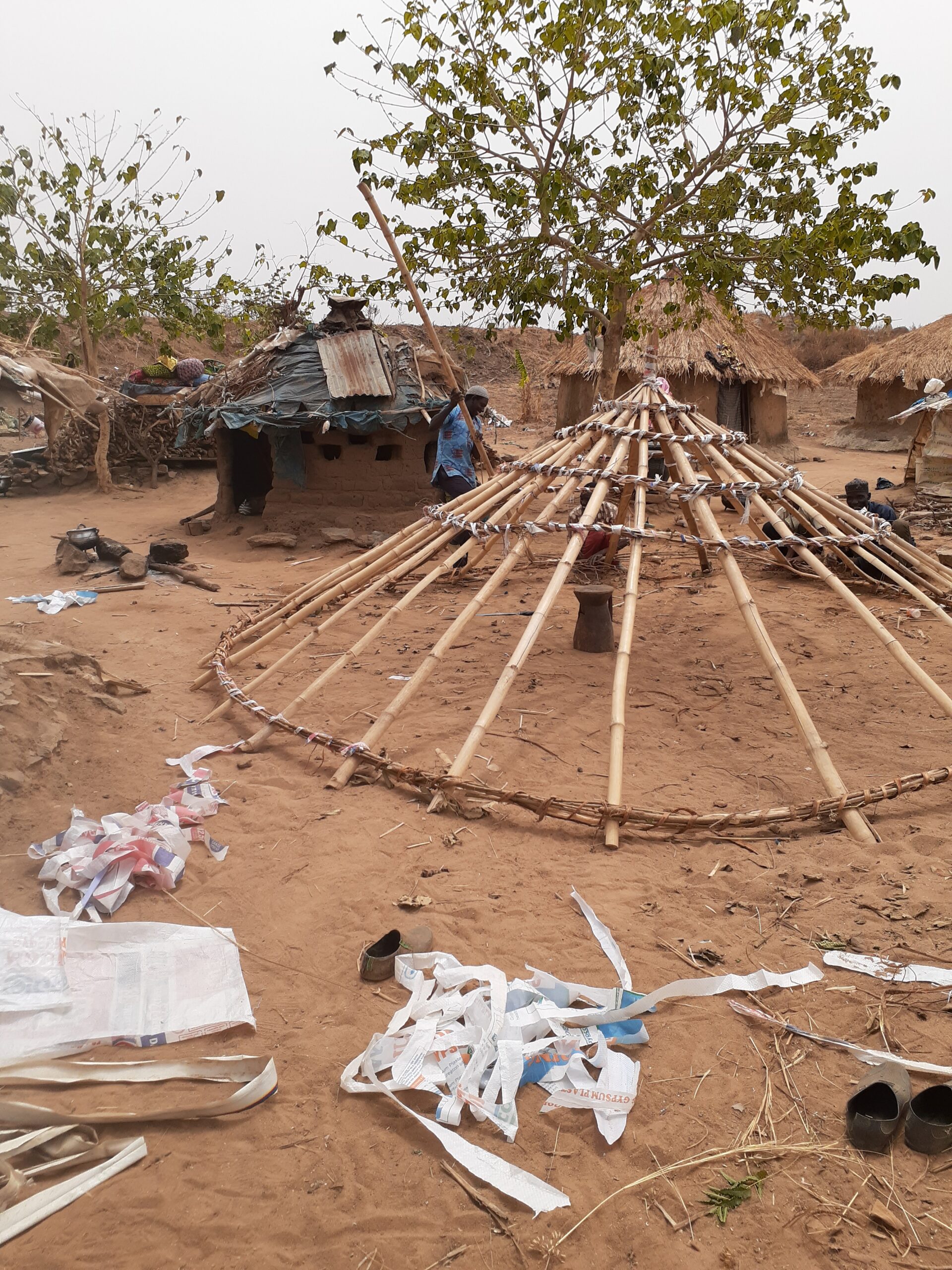
For the younger generation of Fulani, it is about time they moved on from the ways of their fathers and embraced western education. This was the opinion of 25-year-old Umar Ibrahim who holds a secondary school certificate from a technical college.
“I just wish I can go back to school and get a degree to expand my opportunities; I currently do menial electrical jobs for people around this settlement. I do not want to live the nomadic life.
The animals are now hungry. The vegetation around depletes by the year as houses spring up, the forests are not safe, we are attacked and our cows taken away when we go to graze them. When I look at these animals, I pity them.”



